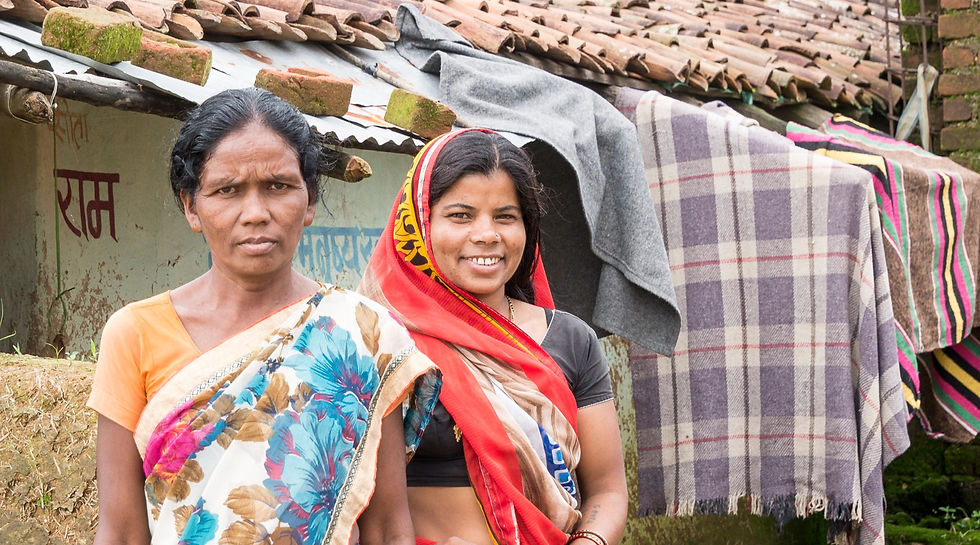Hope is scarce when scratching out a living on the fringe. Love arrived in the form of an urgently needed water well, then came winter care kits, hygiene awareness campaigns, and help with children’s homework.
Thank you! This project has been fully funded for the year!
Funds to meet this year's goals
the Need
The Project
Project team members trained by our national partner in South Asia have made a commitment to:
Lead health awareness campaigns in Donali villages.
Translate the New Testament and make it available in print.
Help Donali believers craft Bible stories.
Hold mother-tongue learning centres in different villages to help children in school and teach them other vital topics such as first aid.
Translation Progress
Drafted

50
Community-Checked

50
Quality-Checked

45

Equal to the Task

New Experiences
NEW
A Love for Learning
“I was praising my God because Jesus taught these parables to a small group in the Aramaic language. . . . Even after so many years and so many cultural differences, these parables can get translated into a minority language and people who have not received an education can understand the parables.”
Project Facilitator




